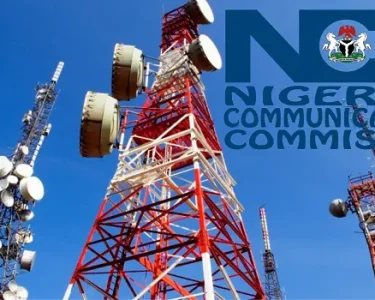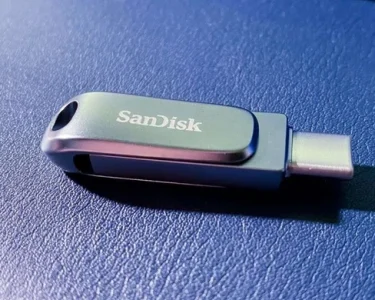The surge of individuals working, learning and socialising online is at an absolute peak as we navigate the current Covid-19 pandemic. Now, more than ever, it is increasingly tangible how vital connectivity, communication and unity are in the face of adversity.
Building superfast internet connections; fibre to the premise and fifth generation wireless communications technologies (5G) can create broader, more connected communities and economies across neighbourhoods, cities, countries and the world.
In December 2019, Sunderland City Council began rolling out 5G ready connectivity, via ultra-high-speed broadband connections, promising a faster and more reliable service and placing Sunderland at the forefront of digital transformation.
Part of a wider Smart City Vision, the council has already made huge leaps in accelerating connectivity and digital capabilities across the city with initiatives benefitting schools, community rooms, residents and visitors.
As we navigate unchartered waters in which the number of households living and working remotely intensifies and social isolation becomes more widespread, we take a look at the future benefits of next generation connectivity for individuals and groups across our smart city and beyond to connect, strengthen and unite people.
Bigger
5G has the capability to transform our lives, including giving us more capacity and connectivity for vast numbers of devices – and in particular expands our reach to new, exciting technologies including virtual reality (VR), the IoT, and artificial intelligence (AI).
With 5G, you can access new and improved experiences including instant access to cloud services, extensive cloud gaming, seamless video communication, augmented reality shopping and much more.
With 5G we really can ‘think big’ with the facility for more people to connect at once, more downloads and massive network capacity.
Better
Even before the coronavirus crisis began, 5G was seen as the next dominant technology in global telecommunications.
Reaching people by email, smart phone and other remote means have a very important future.
Greater reliability and increased availability with higher performance and improved efficiency will empower new user experiences and connect new industries the world over.
Faster
Home working, learning and socialising; all of this is easier, smoother and more reliable with the super-speed connectivity gained from 5G as the improved wireless technology delivers higher multi-Gbps peak data speeds and ultra-low latency.
From the perspective of local and national government authorities, faster connectivity opens up a world of opportunities to be able to better support our customers and communities and transform health, care and opportunities for enterprise.
Stronger
On a wider scale, potential transformations in driverless-car communications, business logistics, EdTech and healthcare, alongside quicker internet speeds (IoT), faster 5G smart phones and other revolutionary telecommunication activities; 5G has the potential to strengthen relationships, both on a personal and business level, as well as shape new ways to combat social isolation.
As a smart city, Sunderland’s growing capacity to use 5G has the potential to transform the lives of our people. Primarily providing greater connectivity between people and things, with higher data speeds and lower latency than ever before. This positively impacts many areas including infrastructure, support services entertainment and even city centre safety.
The world as we know it is changing rapidly and without a doubt, as we emerge post-crisis, many things will have changed irreversibly. Such as new ways of working, changes in consumer habits and evolved methods of communicating.
Out of the current unprecedented crisis, 5G’s speed and application to communications will play an important role as we continue to shape forthcoming digital communications infrastructures.
Although the widespread implementation of 5G will take time, here in Sunderland we have already laid the foundations for a bigger, better, faster and stronger way forward in a digitally connected smart city for the future.
Written by Liz St Louis, Assistant Director of Digital and Customer Services and Smart City Programme Lead at Sunderland City Council.




